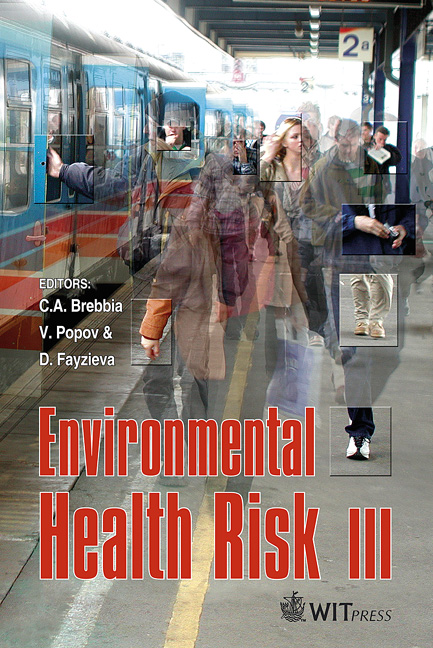Mercury In Amazonian Fish From Madeira River Basin, Rondônia State, Brazil
Price
Free (open access)
Transaction
Volume
9
Pages
10
Published
2005
Size
1,039 kb
Paper DOI
10.2495/EHR050261
Copyright
WIT Press
Author(s)
P. A. S. Gali, D. M. Bonotto, E. G. da Silveira & W. R. Bastos
Abstract
This investigation was carried out at the Madeira River basin, located in the state of Rondônia, Brazilian Amazon. Fish from Madeira, Jaciparaná, and Jamari rivers between 7 and 11° parallels south and between 62 and 65° meridians west in Rondônia state, Brazil, were sampled and chemically analyzed for mercury in order to evaluate if the inputs of this metal into the food-chain is occurring in levels reaching values above those recommended by the World Health Organization. This is because such an element is very dangerous when ingested by humans and its presence was extensively identified some years ago in the area, since it was utilized as an amalgam in processes for recovering alluvial gold. Keywords: mercury, fish, statistical distribution, Madeira River basin, health hazard. 1 Introduction In aquatic systems, heavy metals (including mercury) and other elements are mainly transported in the solid phase, either sorbed onto particle surfaces and coatings, or incorporated into mineral grains. Thus, 90-99 percent of the total metal load in rivers is transported in the particulate phase, depending on the geochemical behavior of the metal and the nature of the physical and chemical environment [1]. Upon discharge to river waters, metal speciation or complexation, and other physical-chemical parameters such as pH, redox conditions, and nature of the solid-metal species interaction, determine the partitioning of the metal between solid and liquid phases, controlling its
Keywords
mercury, fish, statistical distribution, Madeira River basin, health hazard.





